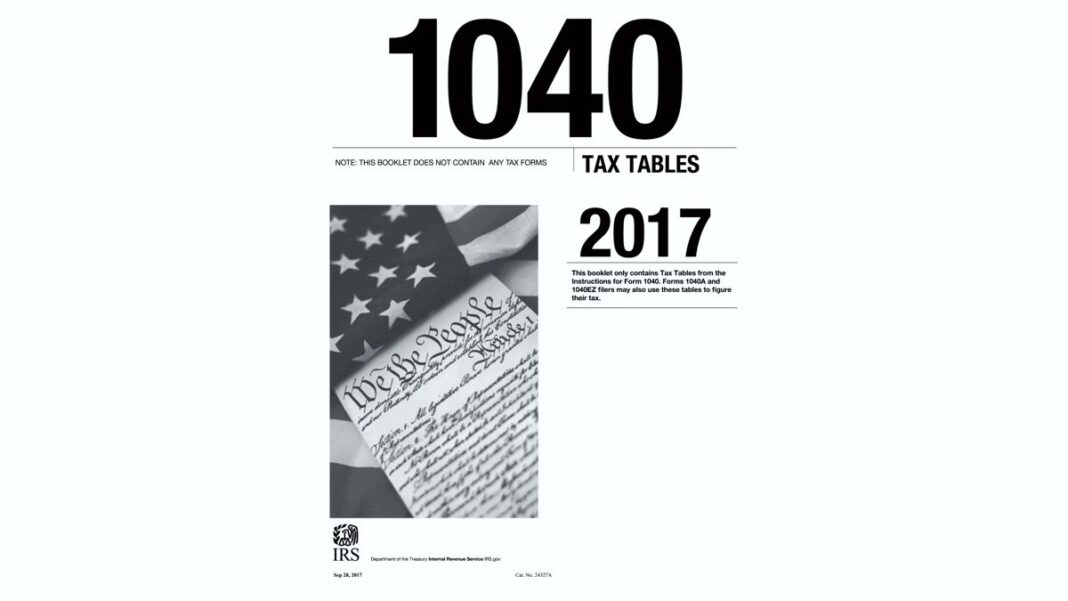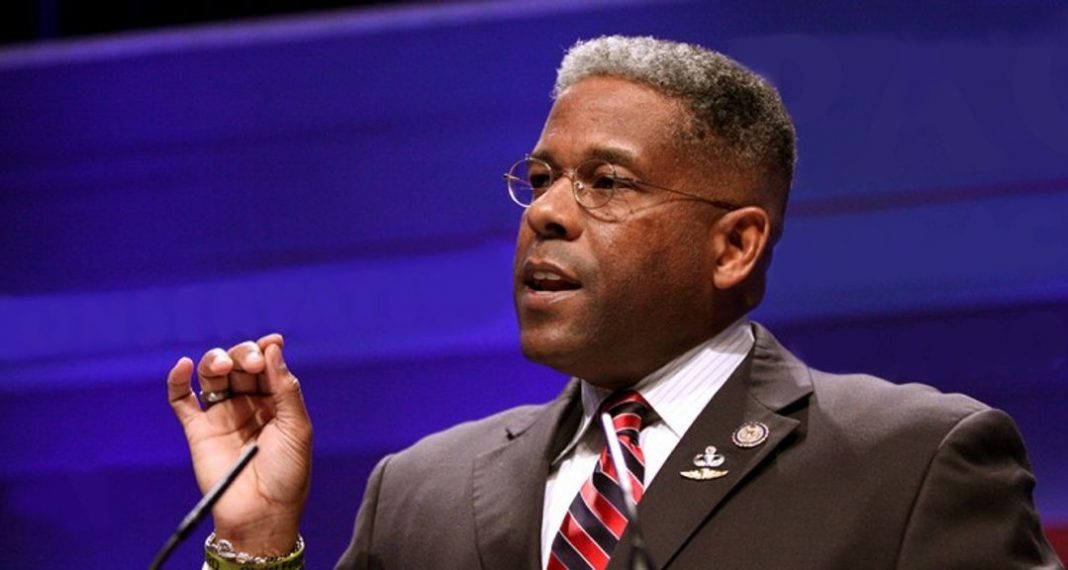Watch President Ronald Reagan being interviewed about John Wayne, nicknamed “Duke,” in the Reagan Library on September 12, 1988.
Interviewer: ? that he believed Duke wasn’t necessarily in favor of the war, but once we were in it he wanted to win it, and we like to have your thoughts on his attitude about this.
Ronald Reagan: Well, I think, well a number of us had that to that same feeling and I think that what Duke felt was what I felt at the time and that is the great immorality of the Vietnam War was for our government to be asking young men to give up their lives in that war when the government had no intention of winning it, because it was afraid of what might follow up with might be worse if we tried to win that particular war, and a as I say, I think that was the great immortality and I think Duke felt the same.
When he made the Green Berets there was something more going on in Hollywood at that time than just whether people that weren’t they were of the war. I remember that we’d called the theater. When the picture first opened, it opened to a reserved seats, like a play would be and Nancy and I couldn’t get tickets to it and we call the box office and say is anyone turned in their tickets or anything that we could, and we couldn’t, and finally we called someone else that was supposed to be in charge of the tickets and found out that there were tickets for any night you wanted them. But the you were being told with the box office that there weren’t any tickets available. In other words the people that were supposed to be promoting the attendance of that picture were literally keeping people away, and I called Duke and told him and a, I think, some John Wayne action took place rather quickly about.
Interviewer: Was the opening successful, because I haven’t researched that yet. Do you recall?
Ronald Reagan: I can’t remember now what the outcome was or when the, I think oh I think I did fine once that it was passed that period and available in theaters without reserved seats.
Interviewer: Both you and Duke wore the same POW bracelet, Steve Hansen’s, for long time, even on on camera, I noticed, and apparently it has special meaning to him, because Steve and sent his wife a picture in combat gear the typical inscription, you know, me is John Wayne, which has become an Americanism, could you comment on that story and your feelings about Steve Hansen.
Ronald Reagan: Well just that, I thought you might be asking about it. That’s my Larry Stevens bracelet. But I did, I have to say, I did wear more than this, I had several that I felt that I had to kind of change off on because there was another naval officer that was shot down that was it was his widow she didn’t know he was shot down, she thought it was missing in action. Not this one’s wife, but this other one that back in the very beginning of the families coming together to form an organization about this, and this was a Mrs. Hanson and she came to, when I was Governor there was a meeting in the cabinet room there and she was talking, and I’ll remember that particular story for a long time because midway in the meeting I felt something tugging at my pant leg and I look down and it was a little 3 year old boy who when I look down at him said will you bring my daddy home. Well then a naval officer returned who was able to tell her that he was not missing an action he was dead as was Larry Stevens and a they are now married they subsequently married, this officer who came home and Todd, the little three-year-old boy is now a naval officer himself and went to Annapolis and all. But Duke felt very strongly about things like that and I didn’t know as much as evidently he knew about the Larry Stevens case, but as I say I had several of these from family members and I used to try to get in some fair wearing of all of them.
Interviewer: It’s a um, we found some more news footage where Adam DeVine introduced you at a political party that you and Duke both attended and the footage doesn’t begin at the right place and the only part we found, we don’t really know what Divine said, but when it is your turn to speak, you, the first thing you said, will you stood up and said, well I’d vote for Duke too, so DeVine must have said something. I don’t know if your recall it or not but everybody laughed, they got a great laugh out of it.
Ronald Reagan: I can’t recall that, but it was true that, believe me, that Duke Wayne was very often at political gatherings and so forth and most supportive of me and I was very grateful to him for it, and he was typical John Wayne when, when things happened for or against.
I remember, however, a meeting, and this was before politics for me, but back when I was president of the Screen Actors Guild. And this was at a time when there was a great communist infiltration of the motion picture industry. I don’t think very many people are aware of this, That it really was and it wasn’t just something that a few of us dreamed up. The FBI was very much involved in it, and it was no question but that on orders from the Kremlin, it was to try and get control of the product of the motion picture industry. Because at that time Hollywood pictures took about 90% of the playing time of all the screens of the world, and Stalin had publicly stated what that this was the greatest medium for propaganda possible. And I remember one night at a Screen Actors Guild meeting and I had been tipped off by the agency, that um, how they operated to control meetings send to keep them going to the late hours until people would begin leaving and then they knew their own count, and when they were then in the majority, if enough people left, then they would start passing the motions that they wanted. So I was made aware of that and you know you and I if we were going to control the meeting we go in the body and sit together, no, they scattered, so that every time the floor was released, and I was chairing the meeting, their hands went up, all of them, so that no matter who you pointed to, you at a 90% chance of catching one of them. Well, being aware of this, and when it started, the thing about that, when the legitimate business was over, one of our people did what I had proposed doing and that is made a motion for adjournment, and there was a second to the motion and I called out in the audience and I said, a motion to adjourn is always acceptable, and they started yelling, point of order, point of order. Well, their point of order was that the second was just an anonymous voice from out of the audience and how could I claim that this has been moved and seconded and so forth, I hadn’t. And I just looked out in the audience and I saw Duke Wayne sitting out there and I said, well not at all anonymous. I said Duke, that was you wasn’t it that seconded the motion? And Duke said, well of course it was me. You could count on him.
Interviewer: At a press conference after um, his death, you told the story about attending a gathering with Jimmy Stewart, who um, had just lost his stepson, I believe it was, and Duke saw to it that a war protester who was waving a Viet Cong flag was stopped in deference to Jimmy Stewart. Can you recall that.
Ronald Reagan: I can’t remember exactly what he did about it, whether he ousted the person, I would settle that’s probably what he did. But anyway and suddenly there was no longer any demonstration or interference with the meeting.
Interviewer: He had that power didn’t he. He made his presence felt.
Ronald Reagan: Yes, Yes, he was a solid citizen.
Interviewer: Would you ask um, answer one last one please sir, and that is, he made an effective speech in ’68 in Republican Convention commenting on his hopes and and dreams for his small daughter and could you comment on your reactions or the crowd’s reaction for his dreams for this country and this one.
Ronald Reagan: I don’t know whether I was not present at that particular session because I wasn’t all of them and or not, and I, but I, I was not present when he spoke so I, I can’t I can’t comment on that I’m sorry to say, but.
Interviewer: Would you like, may I ask your comments, any comments you like to give to close out. We’re doing this documentary. This is for public television on John Wayne called An American Hero I might add. So any last closing comments you’d like to make about the man?
Ronald Reagan: Well, there’s one thing that I think shows the character of that man as well as anything. There was a strike while I was president of the Screen Actors Guild. It was the first strike, the only strike the actors that ever taken, and I was getting quite a lot of abuse in the, in the media, and the press over this and so forth. And at that time I was not well acquainted with with John Wayne. You know when you were at different Studios you knew about each other, but you didn’t run into them as often as you might. And so I didn’t know him well at all. And, um, in the mornings for seven months I was out of that house two meetings that we were getting, trying to get this thing settled in all, and a Nancy be there with the morning papers and sometimes they were worse than others, and I came home one day and Nancy told me that she’d had a phone call that morning after I left, and it was John Wayne, and John also is reading the papers and John, she never met him, and John said, I just thought you might want to hear a friendly voice about this time and then told her how supportive he was about what I was doing and he did that every morning when the press was hostile. She could count on the call from John Wayne just to cheer her up and shortly after he had started that another man, was a good friend of ours, Jimmy Cagney. So she had two boyfriends calling her every morning and after I left. And it was typical of him, he was a, and I remember in campaigning and so forth and press questions directed to him and regarding the campaign that he was as strong as anyone could be.
Interviewer: He really has come to optimize an American hero in a right true sense of that word hero.
Ronald Reagan: Yes, it was deservedly so.
Interviewer: Thank you sir
Ronald Reagan: Thank you.







